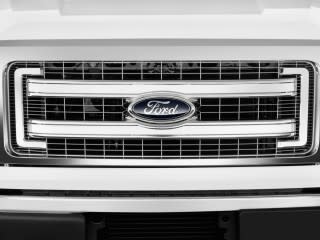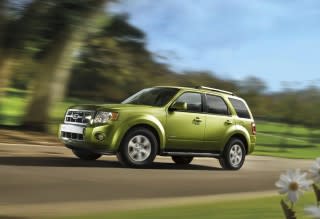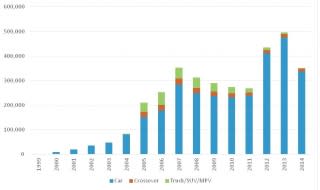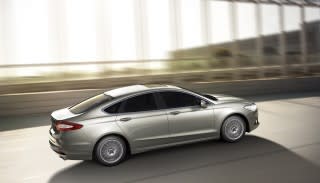Improving Fuel Efficiency: Should Focus Be Trucks, Not Hybrids?

Environmentalists often laud hybrid-electric vehicles because their fuel-sipping powertrains result in lower levels of gas use and polluting emissions.
Because of the diminishing returns of fuel efficiency at higher MPG figures, these environmental benefits are limited because the vehicle segments where hybrids are popular already have comparatively high efficiency compared to the market as a whole.
DON'T MISS: Miles-Per-Gallon Is Just Stupid. No, Really, It Is. (Apr 2011)
With the demise of the Ford Escape Hybrid in 2012, hybrids are now concentrated in vehicle segments that are relatively fuel-efficient and getting more so: subcompact, compact, and mid-size passenger cars.
As a result, hybrids would have to make dramatic fuel-efficiency gains to have the same relative impact as smaller improvements in trucks or SUVs that start further down the efficiency scale.

Hybrid market consolidation
Passenger cars have consistently accounted for about half of all U.S. new vehicle sales. In the other half, consumer purchases have shifted from trucks and SUVs to smaller crossover utility vehicles.
Small crossovers have increased from 3 percent in 1999 to fully 26 percent of all sales today, and now outsell mid-size sedans.
ALSO SEE: Hybrid Sales: Searching For A Silver Lining In Flat Figures
Over the last 10 years the hybrid market has also changed. Carmakers consistently sold 50,000 to 70,000 larger hybrids a year in the mid- and late 2000s, including the Toyota Highlander Hybrid, Lexus RX hybrid, and a few GM full-size hybrid SUVs and pickup trucks.
Those numbers have since slipped, and today almost all hybrid sales are concentrated in passenger cars.

This consolidation is bad news for those who hope that hybrids will facilitate dramatically lower emissions in the transportation sector.
It all has to do with the diminishing returns in fuel efficiency.
Because smaller cars already have higher fuel-economy ratings than the market average today, they would need to achieve significantly higher percentage improvements than would larger SUVs and trucks to have the same impact on overall emissions.
Diminishing returns
Assume, for example, that automobiles travel 12,000 miles annually. A 30-mpg vehicle that doubled its fuel efficiency to 60 mpg would save 200 gallons of gas in a year.


 Yahoo Autos
Yahoo Autos 
